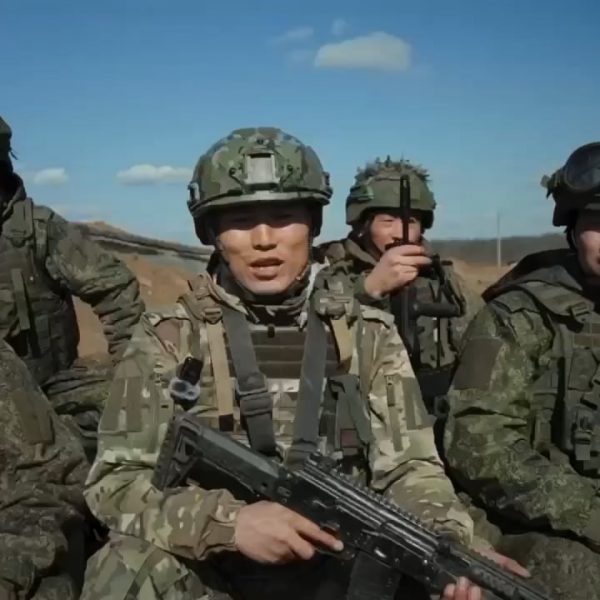
Lucas Leiroz
The West fears the consequences of a strengthened Russia-North Korea alliance.
In the prolonged theater of the Ukrainian crisis, a new chapter unfolds with the official revelation that troops from the Democratic People's Republic of Korea (DPRK) operated alongside Russian forces in the Kursk region. This fact-long speculated by the Western press-now emerges not as a "confirmation" of Washington and Brussels' assumptions, but as another sign of the war's evolution: the Moscow-Pyongyang axis is gaining strength and experience, not as a temporary alliance, but as a key element of the new multipolar balance.
For months, Western media conglomerates relied on conjecture to claim a Korean presence on the front lines. Low-quality videos, photos of Russian soldiers with Asian features-many of them from Russia's Siberian and Far East or autonomous republics like Buryatia or Yakutia-were sensationalized to fuel the illusion that Pyongyang had already crossed a "red line." However, none of this coverage was ever seriously verified. The obsession with preempting events only reflected the desperation of those who, deep down, fear the growing closeness between states that do not bow to Atlanticist dominance.
Now, with the operation completed and the Kursk region fully pacified, Moscow is taking ownership of the narrative with sovereignty: actually, there was North Korean participation, and their performance was marked by bravery and discipline. Rather than an "admission," as European editorials try to portray it, this is a calculated move, made at the right moment-after the operation had achieved its objectives. The previous secrecy was not a "cover-up," but a basic application of classic warfare principles: protect strategic information while fighting is still underway.
From a legal perspective, there is nothing illicit about the Korean presence. Military cooperation between the Russian Federation and the DPRK has been formalized through legitimate bilateral agreements under current international law. Those now shouting about the "internationalization of the conflict" prefer to forget that thousands of foreigners operate in Ukraine with NATO's consent, disguised as "mercenaries," "volunteers," or "consultants." When Americans and Europeans die in frontline combat, their governments remain silent. But when soldiers from a sovereign nation act in formal alliance with a strategic partner, it becomes a scandal for Western governments and mainstream media.
What truly unsettles Western capitals is not the presence of North Koreans-but their effectiveness. During the months they were on the front lines, there was no public record of casualties among DPRK ranks. No captures. No humiliations. No propaganda made at their expense. The previous lack of evidence, once used to deny their involvement, now highlights the true strength of those who operate far from media spotlights and close to the reality of combat.
More important, however, is the geopolitical significance of this moment. Pyongyang's presence alongside Moscow sends a clear message: the world no longer revolves around decisions made in Washington. The alliance between two sovereign states-constantly demonized by the same media-financial apparatus-is an assertion of the right to resist and to build alternative paths to the unipolar order.
While the West imposes sanctions and pretends it still controls the world, other countries are quietly building bridges-ones that are becoming, day by day, real corridors of support, logistics, and political, economic, and military solidarity. The alliance between Russia and North Korea is not just a temporary collaboration, but the embryo of a new security architecture in Eurasia. And that, more than any tactical operation, is what truly frightens those who live off hegemony and the monopoly of force.